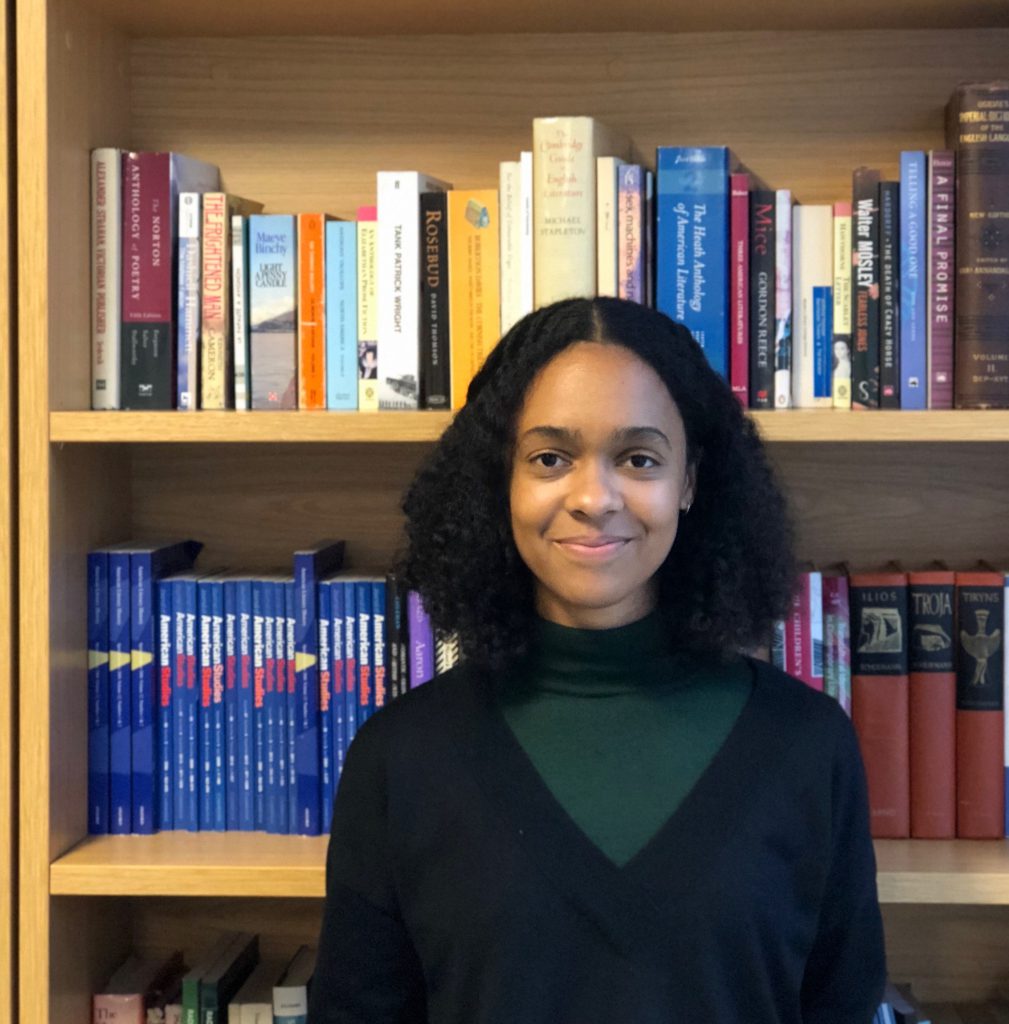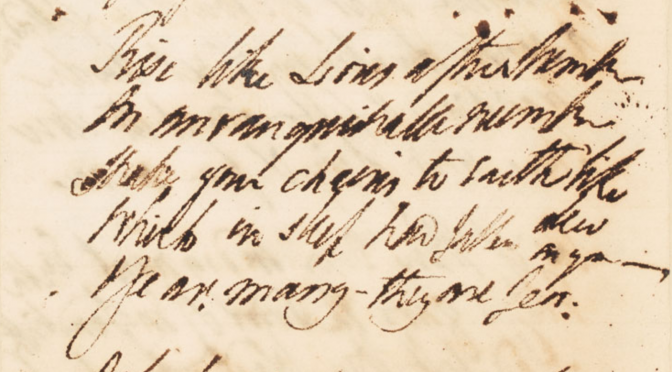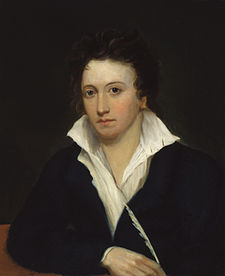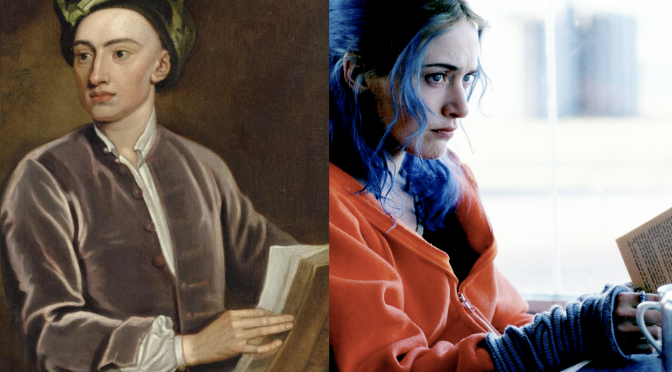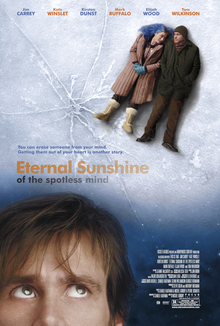Disability+Intersectionality is a fortnightly reading group based at King’s College London where members meet to discuss key texts in critical disability studies, situating them within the broader context of the humanities and social sciences. Each session will focus on a theme and explore how disability intersects with categories such as gender, race, sexuality, and class.
Christina Lee is a second-year PhD student in the Department of English and a co-organiser of Disability+Intersectionality. In this post she reflects on lessons from the reading group and what intersectionality means to her.
At the Intersection
I am terrified of intersections. There is something about the open space in the middle that petrifies me. Once, while I was trying to cross the road, a car suddenly turned right and the driving instructor – sitting next to the learner in the passenger seat – stuck his head out of the window to rail at me for being on the road. I was actually on the pavement a few seconds before and left to cross to the right. I did not go on the pavement because it was too narrow and had poorly cut curbs. He didn’t want to listen and continued to insist I should be on the pavement. Eventually they drove off, though not before he proclaimed that I ought to be run over by a car. This is what I used to think of when I hear ‘disability’ and ‘intersection’.
Pavements, sidewalks, footpaths, are designed for pedestrians, people who use their feet and walk with an easy, steady stride without canes, crutches or prosthetics.




